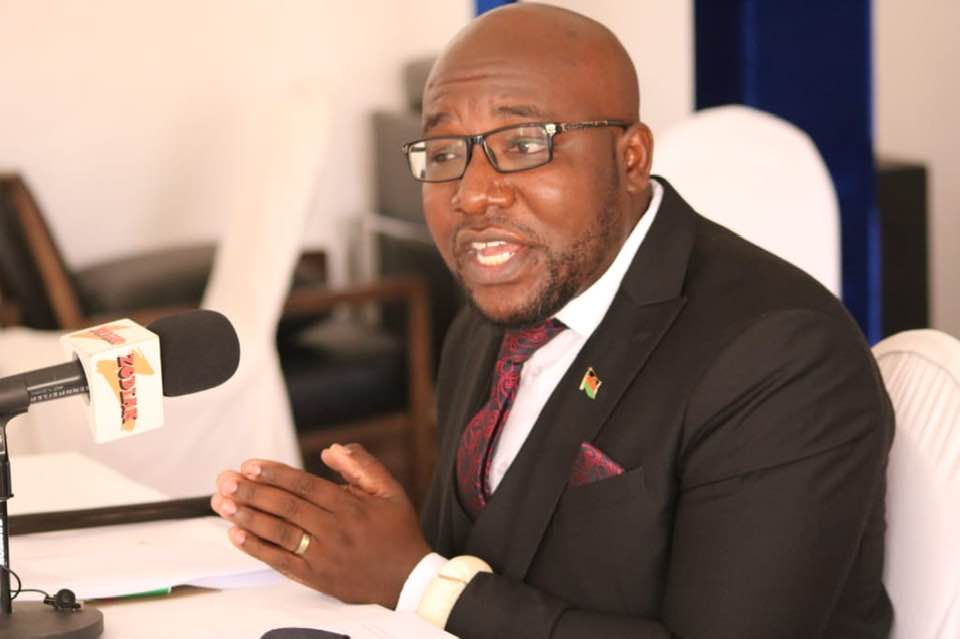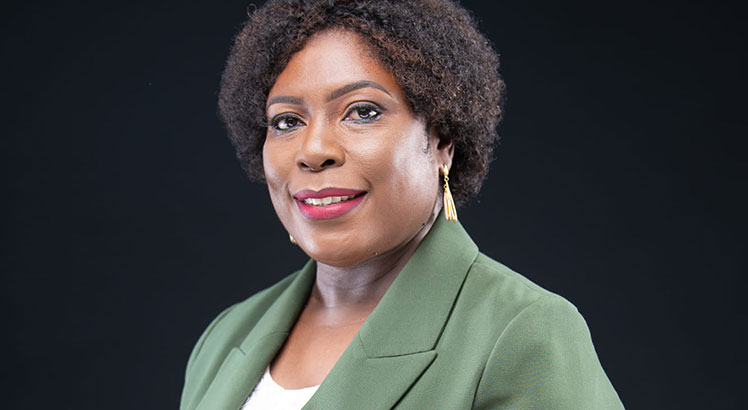Zim polls raise stakes for local parties
The recent elections in Zimbabwe have raised stakes for Malawi’s political parties and stakeholders, with MCP upbeat and others wary of preparedness ahead of 2025 polls.
While Malawi Congress Party (MCP) sees President Emmerson Mnangagwa’s victory as a good omen to retain State House, United Democratic Front (UDF) and UTM Party say professional handling of the next national polls will be crucial to credible contests.
Last week, Mnangagwa secured a second and final five-year term in office with 52 percent of the vote after defeating his closest rival, Nelson Chamisa, who got 44 percent amid claims of irregularities.
In an interview on Sunday, MCP chief strategist Ken Zikhale Ng’oma said with the incumbent retaining power in Zimbabwe, President Lazarus Chakwera “will win with a resounding majority in the 2025 polls”.

He said MCP is focusing on programmes that help the grassroots, especially in rural areas.
Ng’oma, who said he predicted Mnangagwa’s victory after visiting Zimbabwe last year, said: “We have people who make too much noise on social media, the same thing with what was happening in Zimbabwe. But I told them that Mnangagwa would win because his party was focusing on wooing votes from rural masses.
“This is what we, as MCP, are doing. Our focus is getting in touch with and helping the masses, not social media politics.”
Like Mnangagwa, Chakwera will face an electorate struggling with economic pain and poor social services among other vote-deciding issues, but he is also likely to face opponents whose failures Malawians remember all too well, according to University of Malawi associate Professor of Political Science Boniface Dulani.
In an earlier interview, he said: “In 2025, it could be an election which I could describe as choice-less election because you have people who are frustrated and feel let down by the Tonse Alliance, but might also be remembering that the DPP is not much of an option.”
Governance pundit Mavuto Bamusi said the power of incumbency was on display in Zimbabwe and may have been responsible for Mnangagwa’s win.
But he warned that incumbency can also be abused.
Said Bamusi: “As a lesson for Malawi [from Zimbabwe], electoral stakeholders need to strengthen democratic governance systems that are fool-proof to detect electoral fraud.”
On his part, UTM spokesperson Felix Njawala said preparedness will be crucial.
He said: “Elections administrators must prepare very well. In Malawi, we have a very professional chairperson [of Malawi Electoral Commission] and we have hopes he will deliver. He delivered in 2020 and he will deliver in 2025.”
UDF spokesperson Yusuf Mwawa, while congratulating Mnangagwa on winning, said irregularities need addressing.
“Much as we understand that political dynamics differ by countries, being a regional neighbour, we feel those running elections in our country can strive to achieve a fair and balanced electoral process,” he said.
The issue of preparedness is also high on the agenda of donors who support elections in Malawi, including Britain, which last month announced its K2.5 billion contribution to the 2025 polls through United Nations Development Programme.
Last month, Zikhale Ng’oma, who is also Homeland Security Minister and oversees the National Registration Bureau (NRB), said he will ensure that the ID body produces the cards “fairly, efficiently and without bias”.





